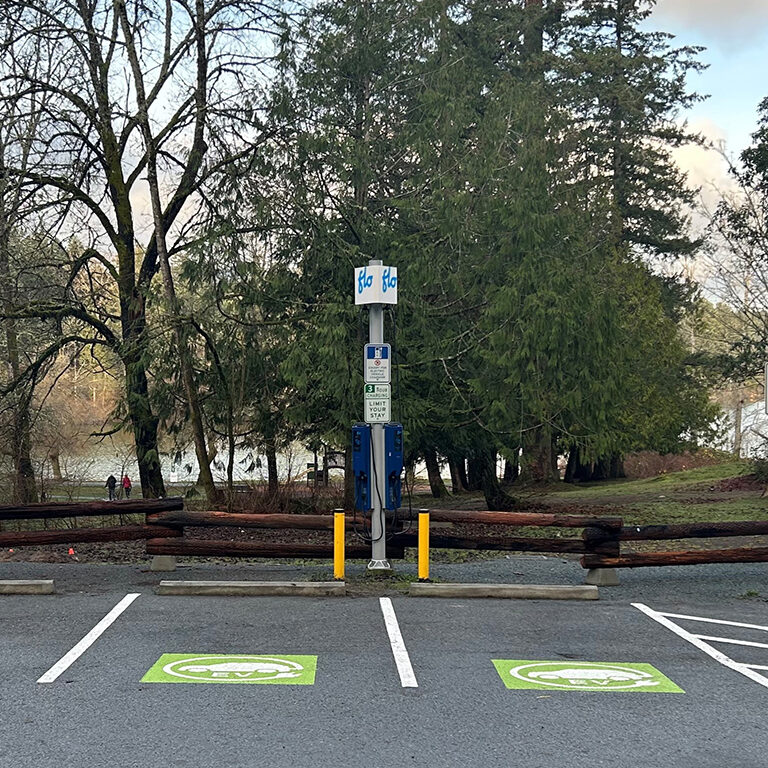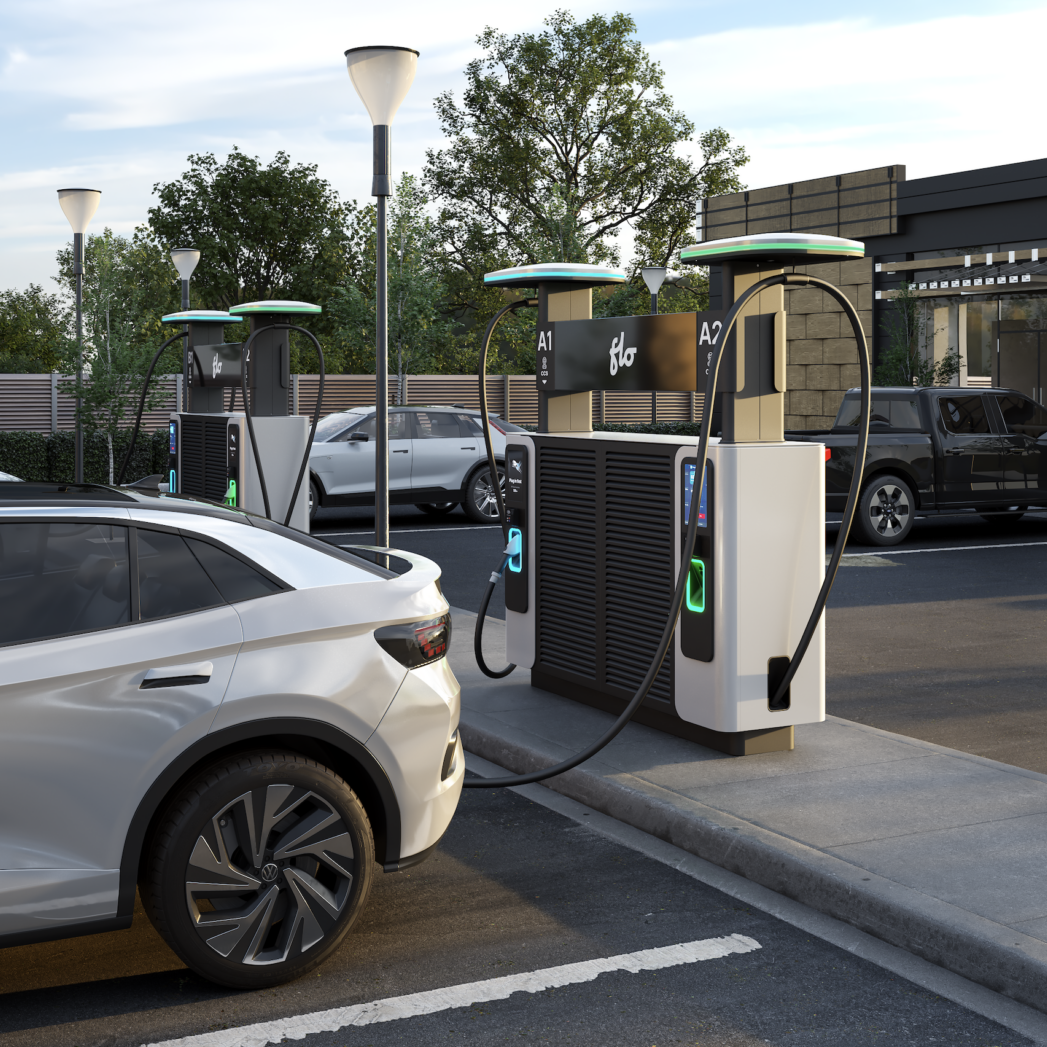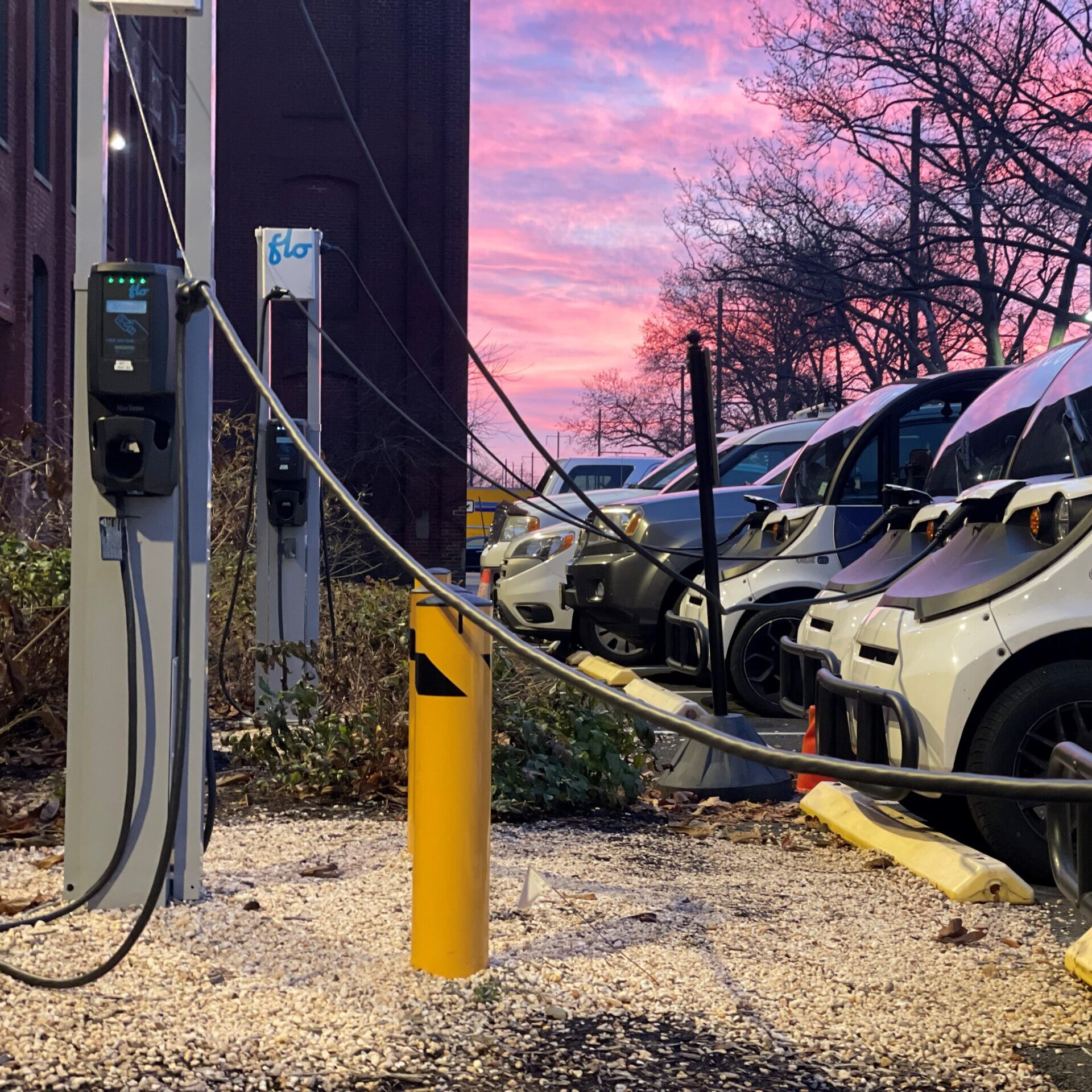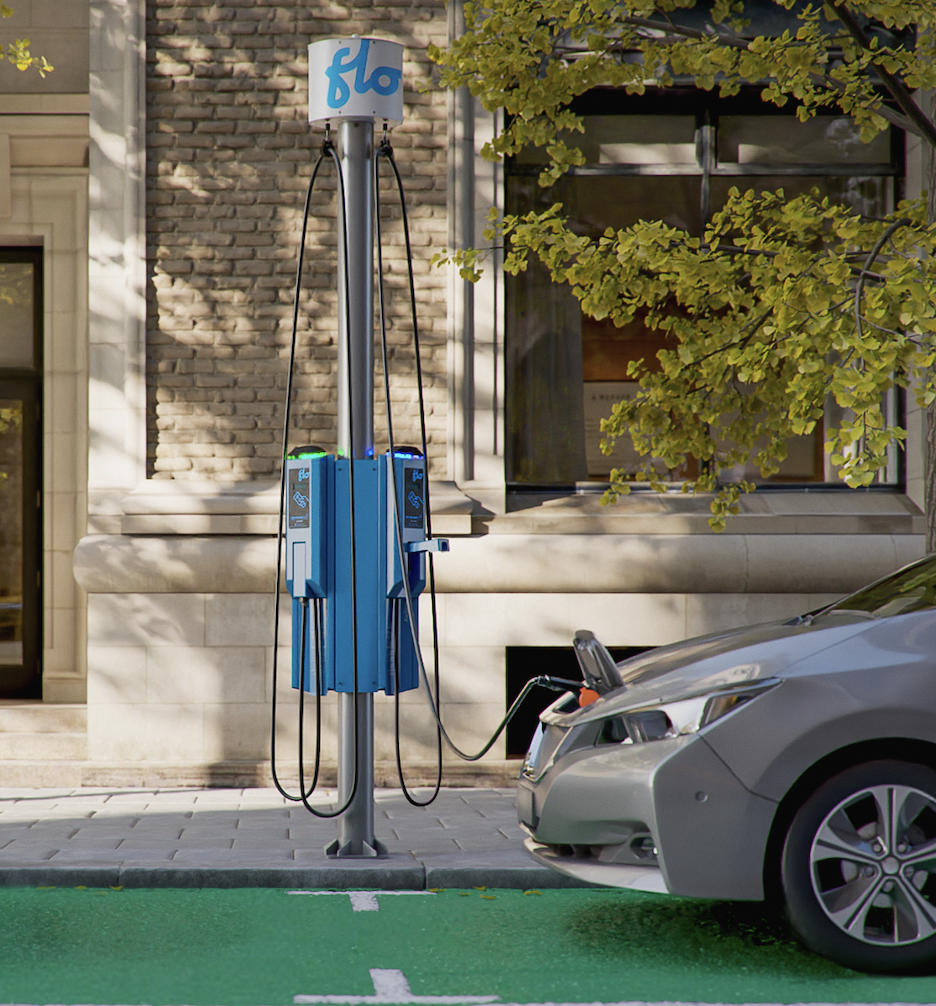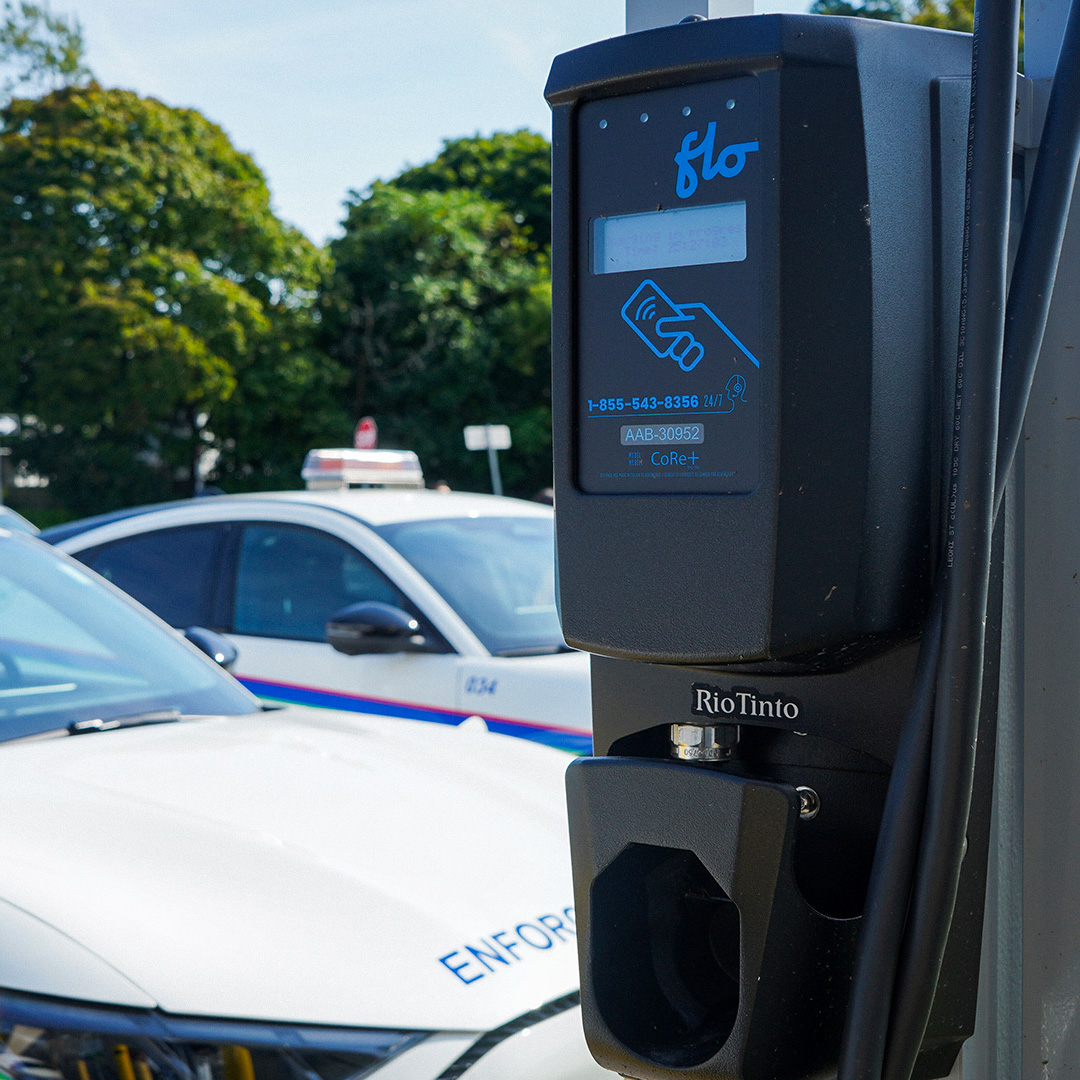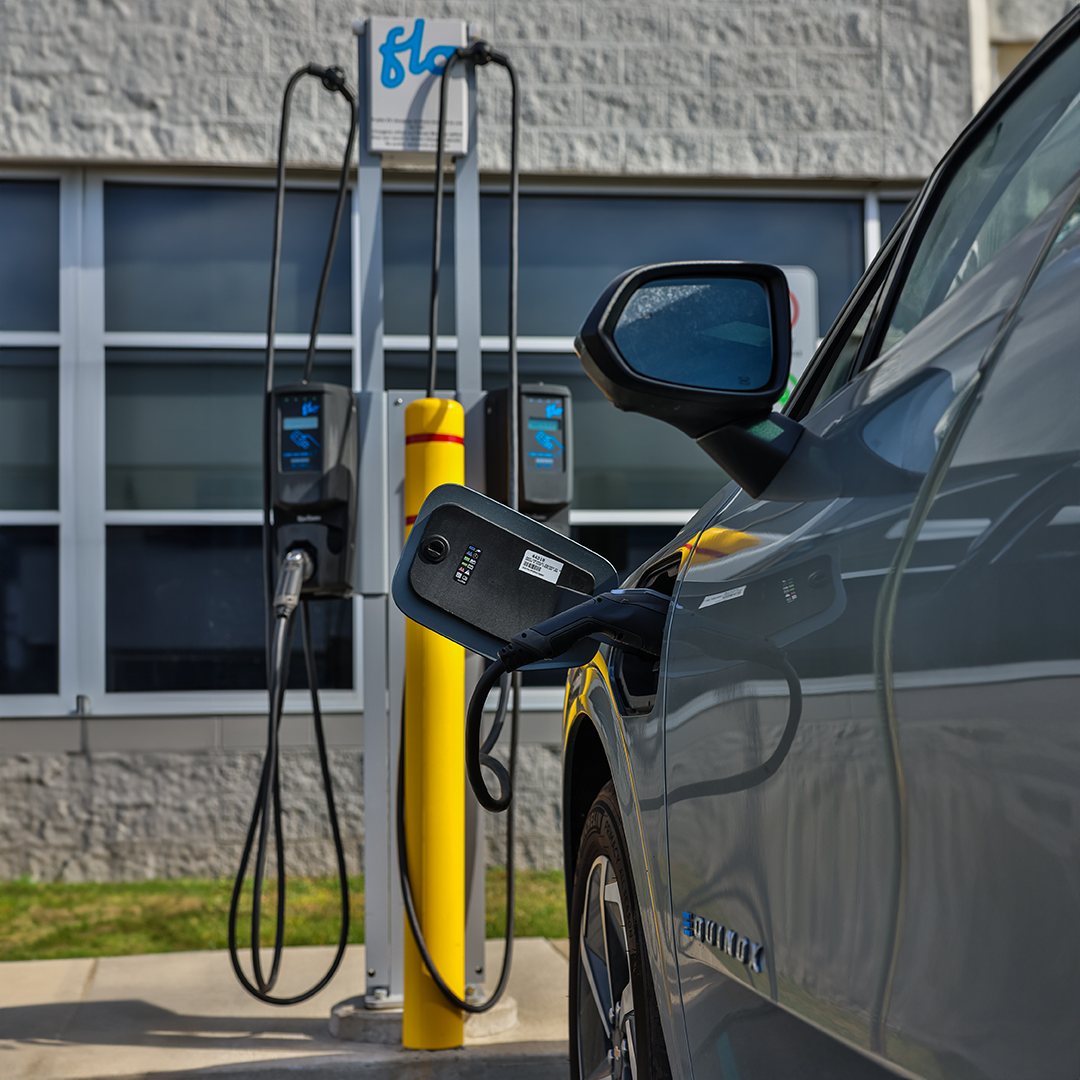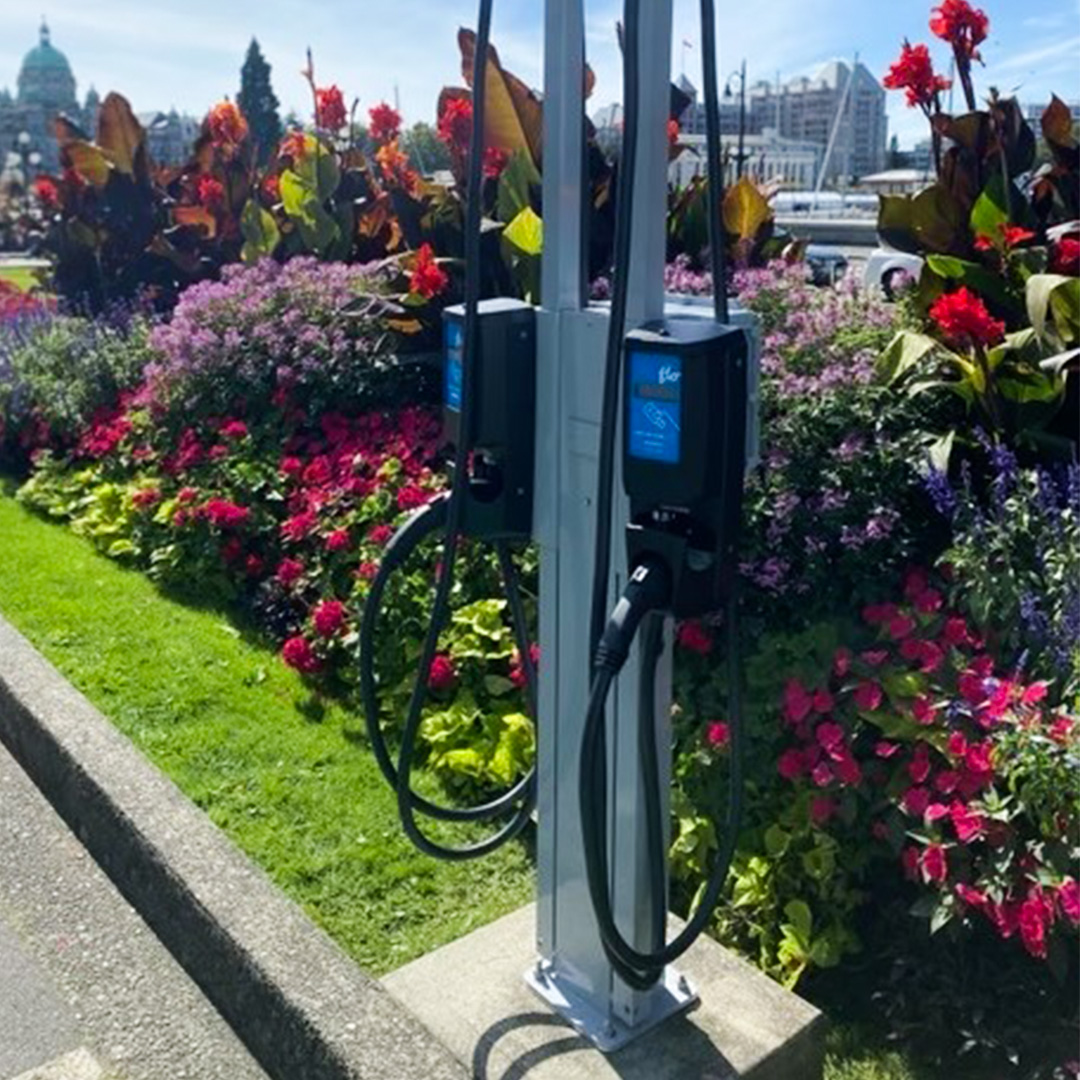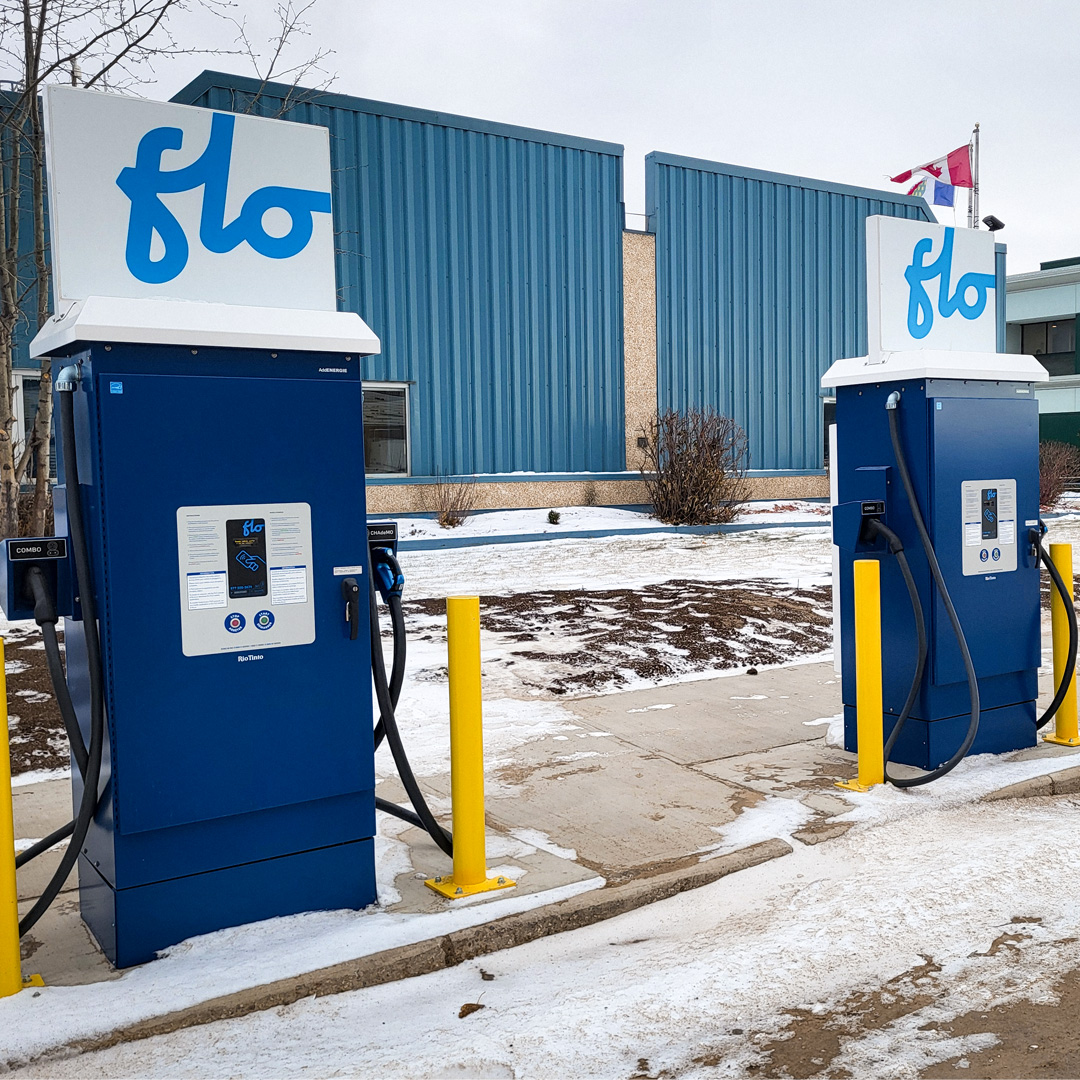FLO teams with Imperial to support Canada’s emissions reduction goals
• FLO plans to expand its electric vehicle charging network in Canada
• Includes opportunity for Esso- and Mobil-branded gas stations to offer FLO charging services
Calgary, Alberta – October 20, 2022 – FLO, a leading North American electric vehicle charging network, and Imperial (TSE: IMO, NYSE American: IMO) announced a unique collaboration that will support Canada’s net zero greenhouse gas (GHG) emissions goals by expanding FLO charging network for electric vehicles.
“Our collaboration with Imperial is noteworthy—involving two major players in Canada’s energy sector in support of furthering Canada’s goal of net-zero carbon emissions by 2050,” said Louis Tremblay, president and CEO of FLO. “Importantly, the agreement will generate financial benefits that will allow FLO to expand its EV charging station deployments, propelling our goal of transforming Canada’s mobility future. We’re thrilled with this agreement, and eager to bring Canadians more reliable EV charging solutions nationwide.”
“Canada has clearly defined policies that support lower-emissions solutions and deployment of new technologies,” said Jon Wetmore, Imperial’s vice president of downstream. “Our collaboration with FLO will complement other Imperial GHG emission-reduction efforts, including plans to produce and supply lower-emission fuels, next-generation resource recovery technologies and carbon capture.”
Key components of the collaboration include jointly developing a charging service option for Imperial’s Esso- and Mobil-branded wholesalers, and an agreement to transfer credits under federal Clean Fuel Regulations.
-30-
For further information:
FLO
media@flo.com
(418) 523-1828
Imperial
Investor relations
(587) 476-4743
Media relations
(587) 476-7010
About FLO
FLO is a leading North American electric vehicle (EV) charging network operator and a smart charging solutions provider. We fight climate change by accelerating EV adoption through a vertically integrated business model and delivering EV drivers the most dependable charging experience from curbside to countryside. Every month, we enable more than 900,000 charging events thanks to over 70,000 fast and level 2 EV charging stations deployed at public, private and residential locations. FLO operates across North America and our high-quality charging stations are assembled with care in Michigan and Quebec. To learn more about what “EV charging done right” means to us, visit flo.com.
About Imperial
After more than a century, Imperial continues to be an industry leader in applying technology and innovation to responsibly develop Canada’s energy resources. As Canada’s largest petroleum refiner, a major producer of crude oil, a key petrochemical producer and a leading fuels marketer from coast to coast, our company remains committed to high standards across all areas of our business.
Cautionary Statements
Statements of future events or conditions in this report, including projections, targets, expectations, estimates, and business plans are forward-looking statements. Forward-looking statements can be identified by words such as propose, plan, project, estimate, expect, may, should, will and similar references to future periods. Forward-looking statements in this report include, but are not limited to, references to the ability to expand EV charging station deployments and the transfer of credits; any financial benefits resulting from the collaboration; the impact on Canada’s net zero GHG emissions goals; and complementing other Imperial GHG emission-reduction efforts, including plans for lower-emission fuels, next-generation resource recovery technologies and carbon capture.
Forward-looking statements are based on the company’s current expectations, estimates, projections and assumptions at the time the statements are made. Actual future financial and
operating results, including expectations and assumptions concerning future energy demand, supply and mix; commodity prices, foreign exchange rates and general market conditions; project plans, timing, costs, technical evaluations and capacities, and the companies’ ability to effectively execute on these plans, including with respect to lower-emission fuels, next-generation resource recovery technologies and carbon capture; the ability to deploy EV charging stations; the adoption and impact of new facilities or technologies on capital efficiency, production and reductions to greenhouse gas emissions intensity; the amount and timing of emissions reductions; that any required support from policymakers and other stakeholders for various new technologies will be provided; applicable laws and government policies, including taxation and with respect to climate change and greenhouse gas emissions reductions; receipt of regulatory approvals; and capital and environmental expenditures could differ materially depending on a number of factors. These factors include global, regional or local changes in supply and demand for oil, natural gas, petroleum and petrochemical products, electricity, feedstocks and other market or economic conditions and resulting demand, price, differential and margin impacts; the results of research programs and new technologies, including with respect to greenhouse gas emissions, the ability to bring new technologies to commercial scale on a cost-competitive basis, and the competitiveness of alternative energy and other emission reduction technologies; the receipt, in a timely manner, of regulatory and third-party approvals; availability and allocation of capital; failure or delay of supportive policy and market development for emerging lower emission energy technologies and EV charging stations; environmental regulation, including climate change and greenhouse gas regulation and changes to such regulation; availability and performance of third-party service providers; political or regulatory events, including changes in law or government policy, applicable royalty rates, tax laws, climate change and actions in response to COVID-19; unexpected technological developments; general economic conditions, including the occurrence and duration of economic recessions; and other factors discussed in the risk factors and management discussion and analysis of Imperial’s most recent annual report on Form 10-K and subsequent interim reports on Form 10-Q.
Forward-looking statements are not guarantees of future performance and involve a number of risks and uncertainties, some that are similar to other oil and gas and energy companies and some that are unique to Imperial Oil Limited. The companies’ actual results may differ materially from those expressed or implied by its forward-looking statements and readers are cautioned not to place undue reliance on them. The companies undertake no obligation to update any forward-looking statements contained herein, except as required by applicable law.










